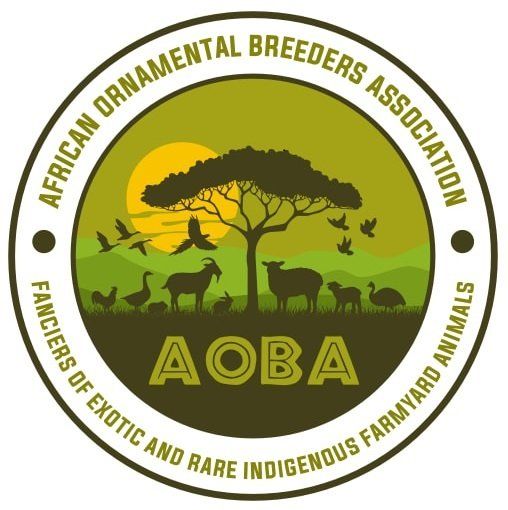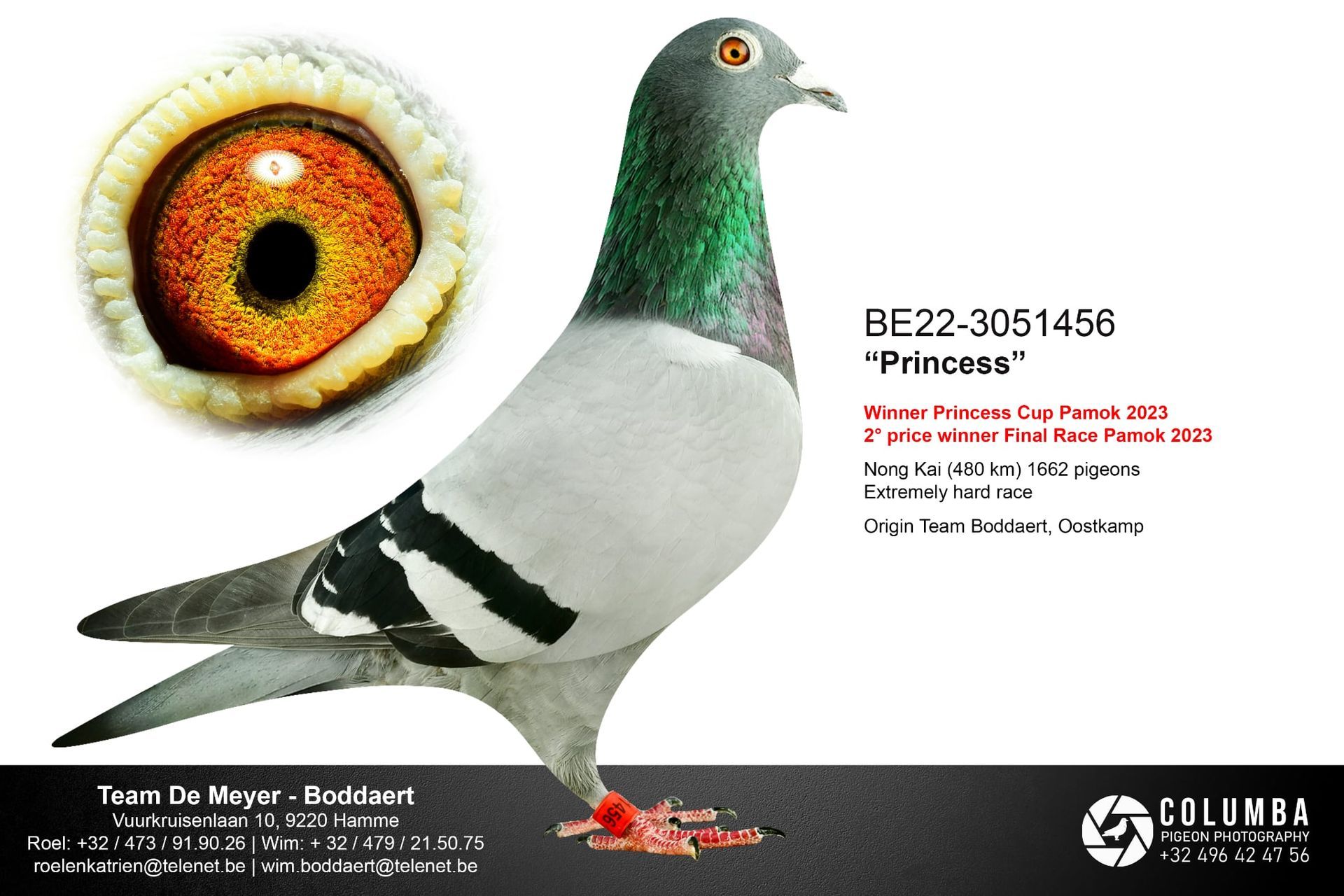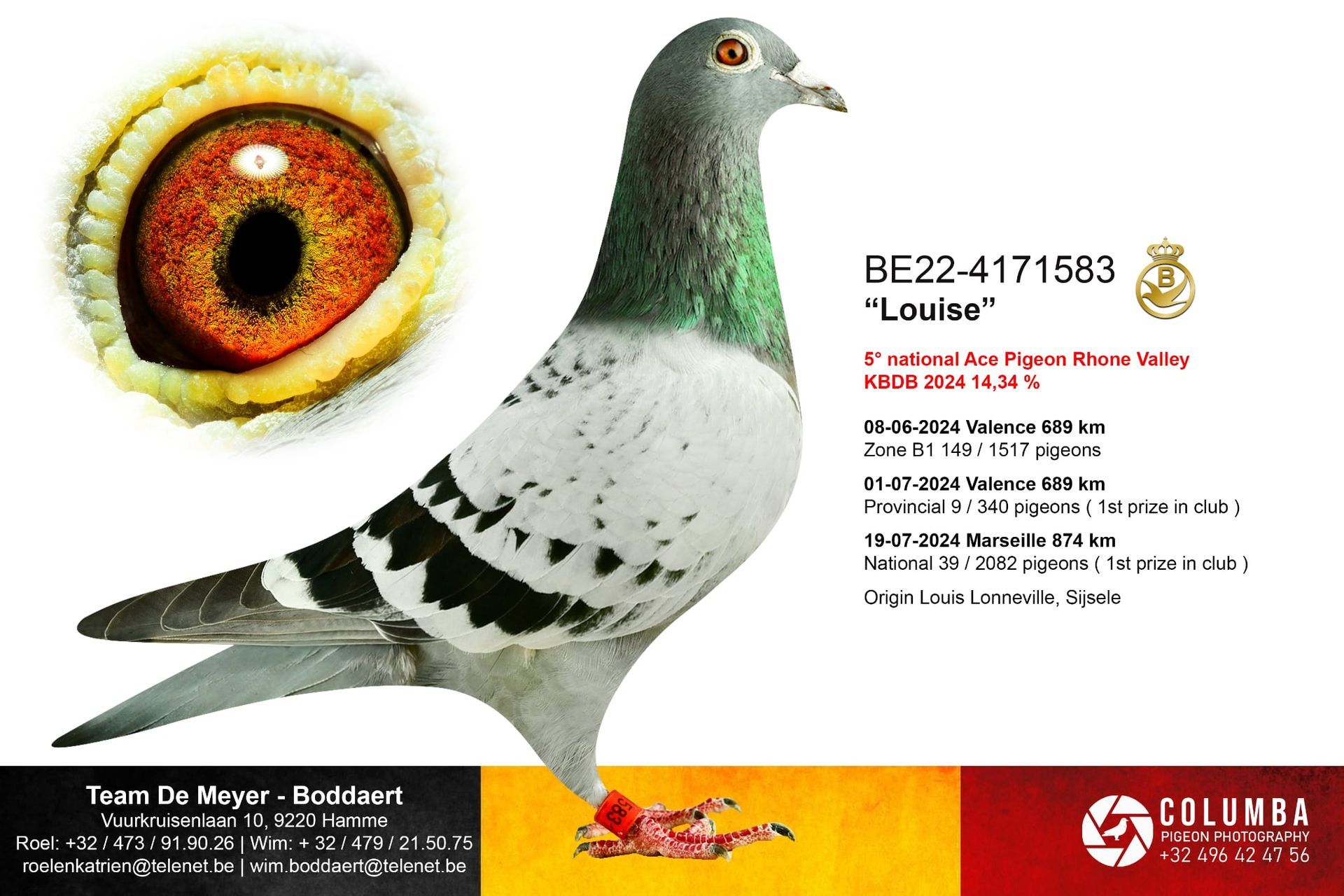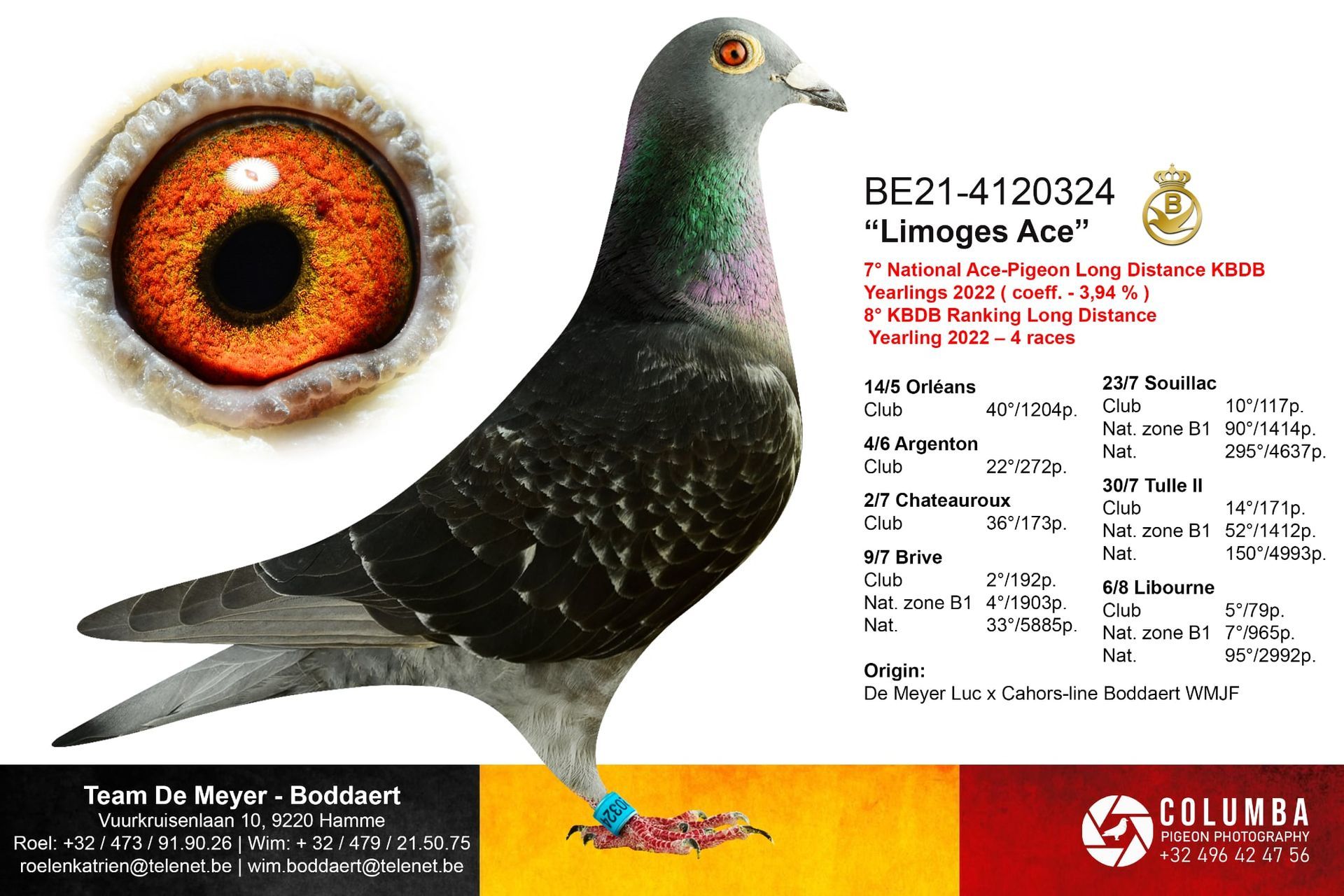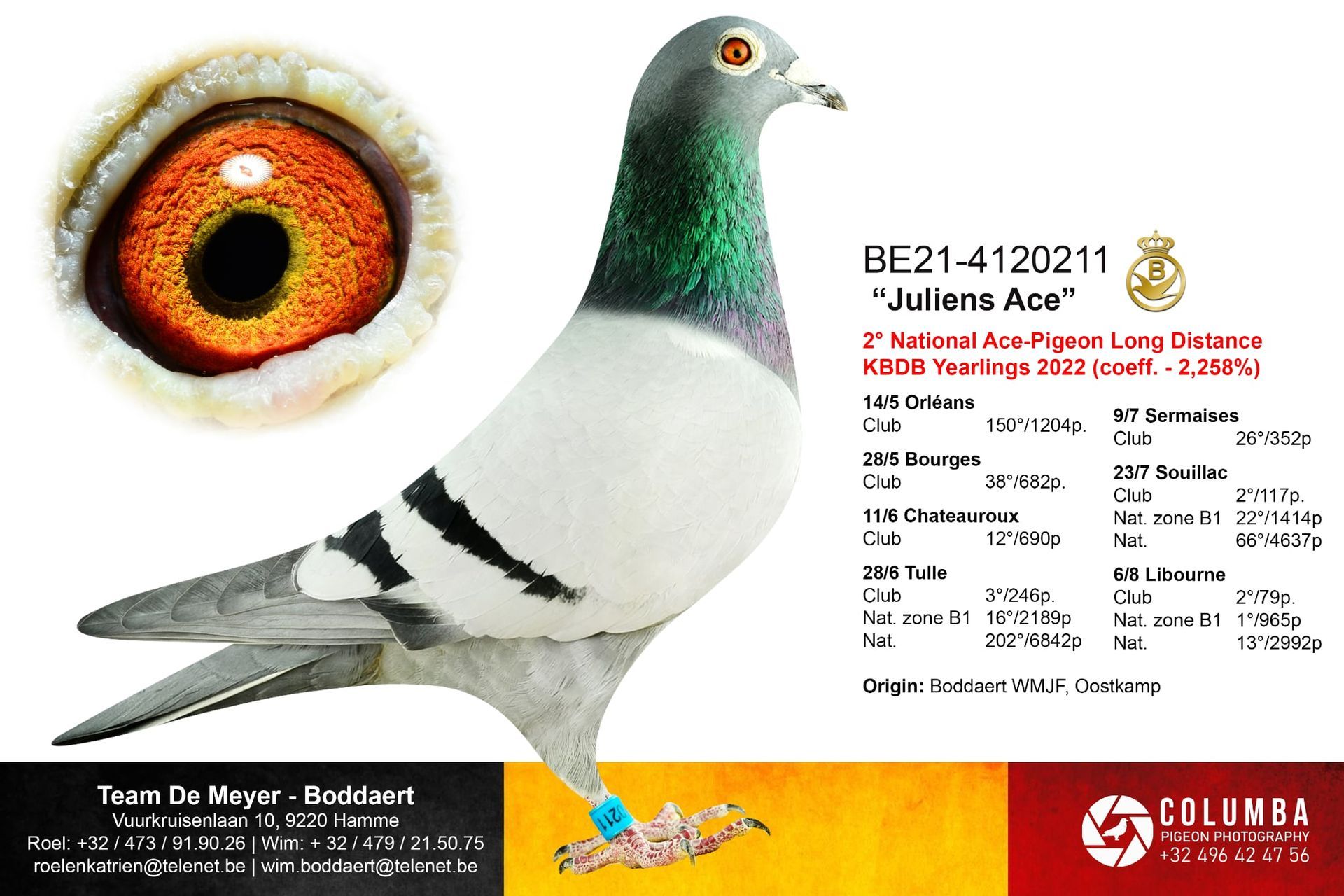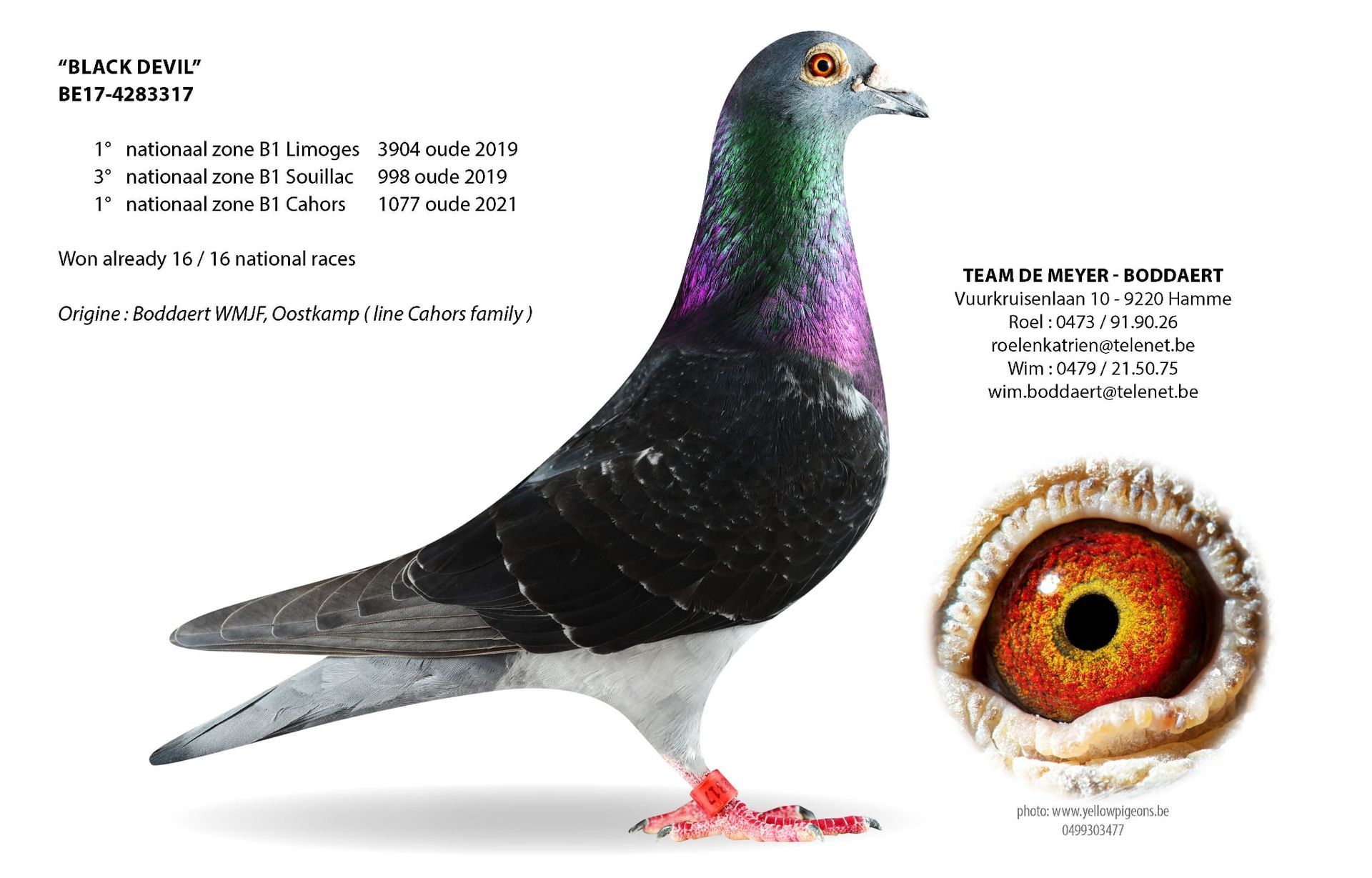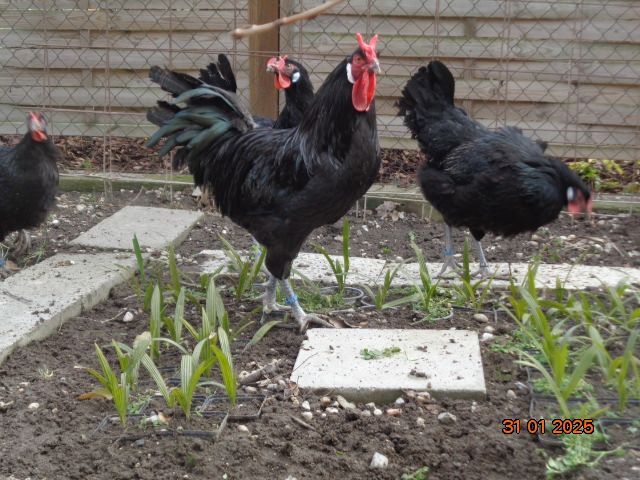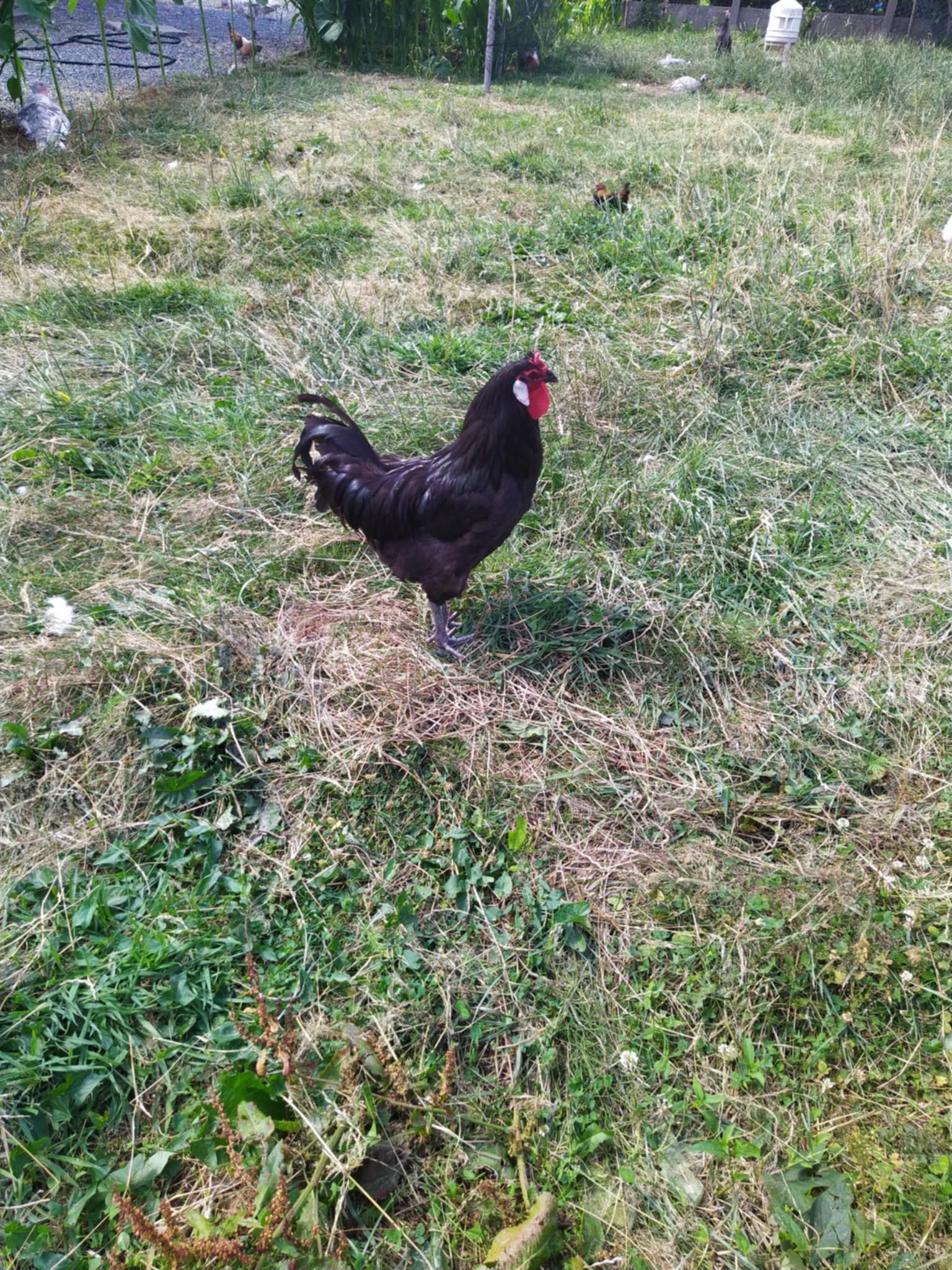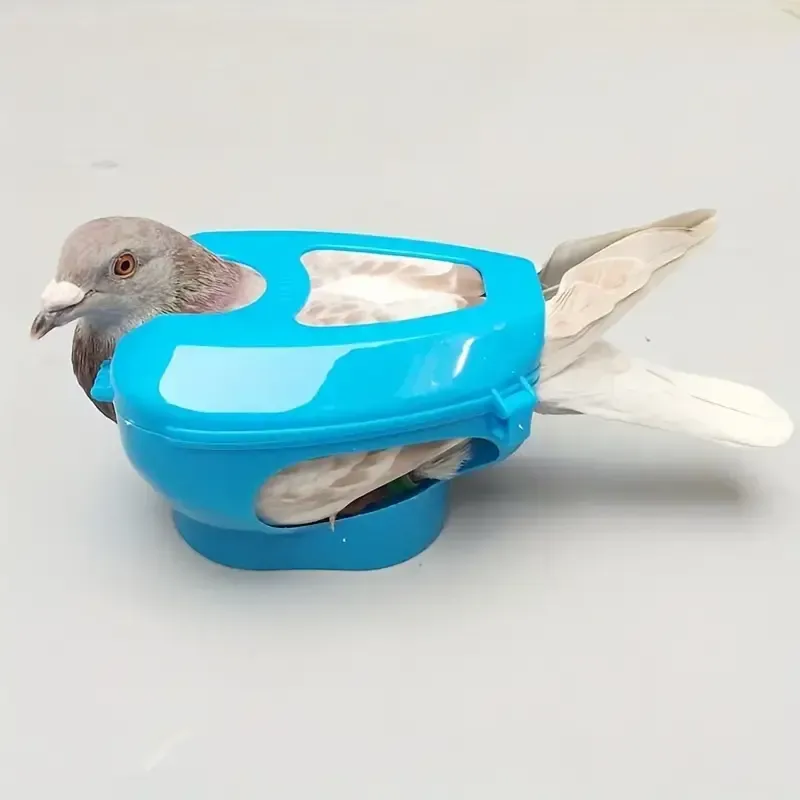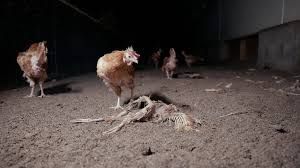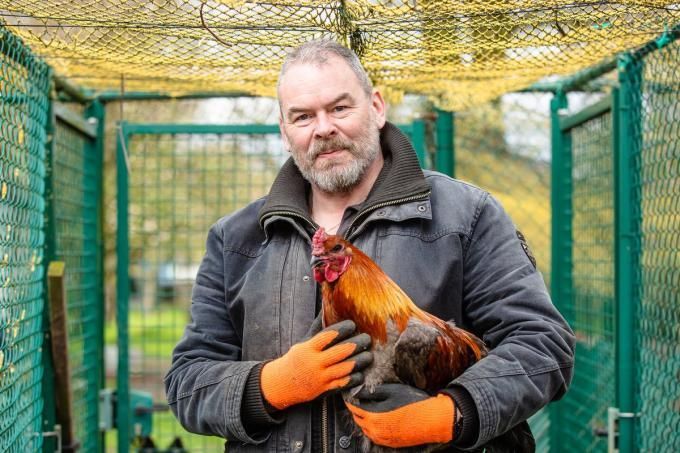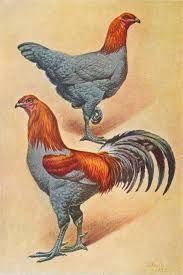Pigeon Grandmasters: Roel De Meyer (from Team De Meyer - Boddaert)
Pigeon Grandmasters: Roel De Meyer (from Team De Meyer - Boddaert)
An Interview with a Belgian Champion on the International Stage.
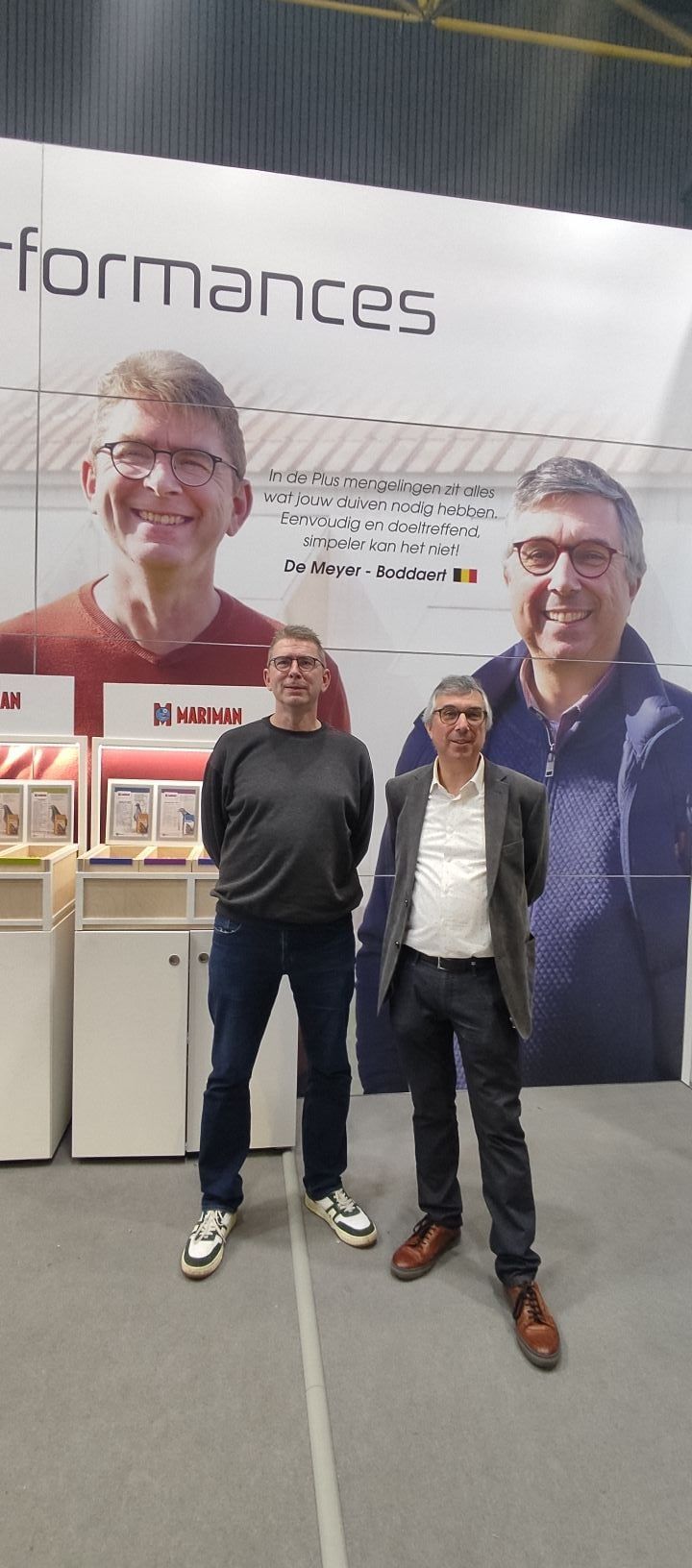
Roel De Meyer is a well-known name in the world of international pigeon racing. Together with his teammate Wim Boddaert, he forms a top-performing team that has achieved great results, including winning the prestigious Princess Cup in Thailand. With a mix of passion, discipline, and strategic insight, he built his own pigeon line and competes at the highest level. In this exclusive interview for AOBA (African Ornamental Breeders Association), Roel shares an honest look into his sporting journey, his approach to breeding, training and nutrition, and his outlook on the future of pigeon racing both in Belgium and internationally.
Background & Inspiration
How did you get into pigeon racing?
My father started pigeon keeping in 1989. At first, I thought it was a strange hobby for old men, but when I had to clean the lofts every day during a vacation, my interest was sparked.
When did you realize you had talent for the sport?
In the early years, I once selected two pigeons I believed were in top condition, although they hadn’t shown results yet. The next race, they were our first two pigeons home and achieved a top result.
What does pigeon sport mean to you personally?
Pigeon racing is the most important of all the unimportant things in life.
What do you love most about the sport?
Living completely in sync with the pigeons during the season, with the weekly highlight being their return from a race.
How do you deal with disappointment after a bad race?
A good night's sleep works wonders.
International Success
What does it feel like to win international races such as the Princess Cup?
Suddenly you're noticed by a part of the international pigeon world — it’s definitely flattering.
What did that victory in Thailand mean to you?
It was a kind of confirmation that I’m on the right track.
How do you compare the popularity of pigeons in Asia versus Europe?
In Asia, pigeon racing is becoming more popular, while in Europe, the number of fanciers is declining. However, the sport is becoming more professional.
How did you end up on Taiwanese television, and what was that like?
A film crew visited my home and filmed interviews, the lofts, and our top pigeons — it was a very busy day.
Which international race would you still love to win?
For me, winning the Barcelona race would be the ultimate dream.
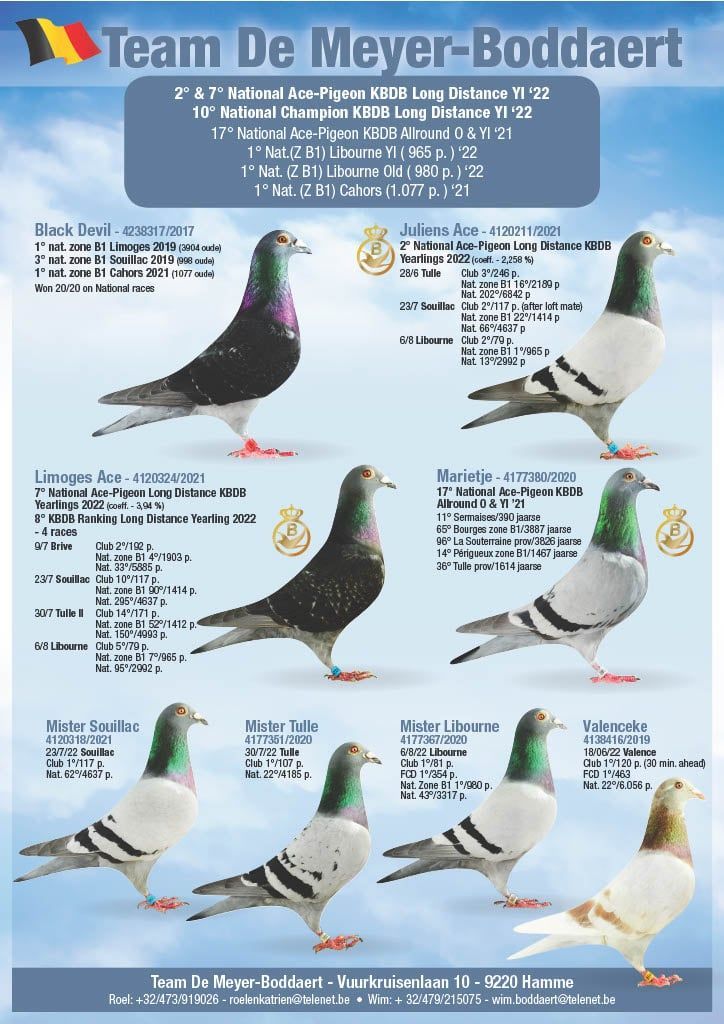
Breeding & Selection
How do you select your best pigeons?
By racing them as much as possible and judging based on results — and then selecting very strictly.
What qualities do you look for in a breeding bird?
Descendants that achieve top results. I find it most valuable to breed from pigeons that have proven themselves.
How important is pedigree to you?
A pedigree doesn’t win races, but it does provide valuable background information.
Do you have a favorite bloodline or strain?
I don't have a clear preference, but I notice that certain lines keep showing up in my best birds — such as the Cahors line, with foundation bird Rainbow, bred and raced by Wim Boddaert from Oostkamp.
How large is your current colony, and how do you decide who stays?
I raise about 120 youngsters each year for my own use. I let them gain experience — results are secondary. Throughout the season, I select based on health and vitality.
Training & Preparation
How do you prepare your pigeons for a major race?
They must get into a rhythm of training, feeding, and resting. The final preparation includes building them up with the right feed mixtures and quantities.
What is your training routine during the season?
Racing pigeons train twice a day, with males and females flying separately. Young birds train in the afternoon.
How do you keep your pigeons motivated and healthy?
Old cocks and hens are raced on classic widowhood with partners at home. Yearlings are raced on total widowhood — both males and females. Youngsters live in aviaries with individual nest boxes and are not extra motivated.
What role does nutrition play in your champions’ success?
Nutrition is one of the pillars of pigeon sport. I feed exclusively with Versele-Laga. You need a system that fits your own possibilities and stick to it strictly.
What common mistakes do you see among beginners?
Listening to too many different pieces of advice.
The Future & Advice
What has been your greatest sporting achievement so far?
Winning the Princess Cup stands out. But I personally remember the Cahors race in 2021, when my favorite pigeon Black Devil came home first in the entire zone under heroic circumstances.
What are the biggest challenges for pigeon sport in Belgium?
Getting young people excited about the sport — and keeping it affordable for them. Also limiting mega-lofts so smaller fanciers can still compete.
How do you see the future of Belgian pigeon racing?
The sport will survive, but it will change. I see the most potential in fanciers joining forces — sharing both the workload and the rewards.
What does your personal future in the sport look like?
I hope to keep improving my breeding stock and system — and above all, to continue enjoying it.
What advice do you have for young fanciers aiming for international success?
Specialize in one discipline and go all in.
